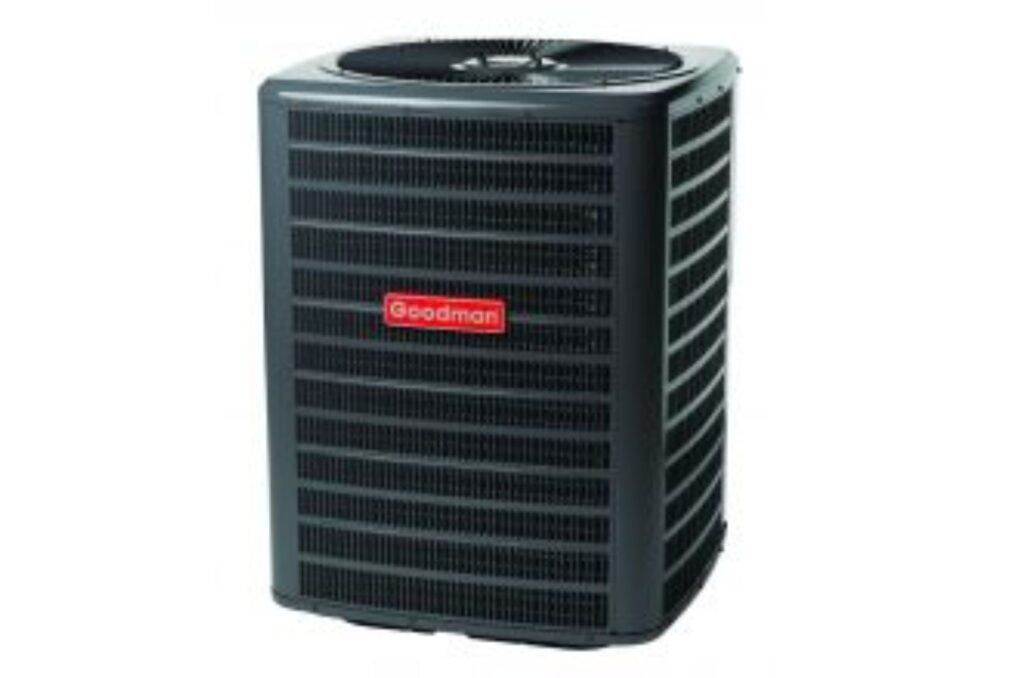
When temperatures rise, a reliable air conditioner system becomes more than a luxury—it’s a necessity. Whether you’re building a new home, upgrading an old system, or simply looking to improve indoor comfort, choosing the right air conditioning solution can have a major impact on energy efficiency, comfort levels, and monthly utility bills.
In this blog, we’ll explore how air conditioner systems work, the types available, and how to choose the best one based on your specific needs.
What is an Air Conditioner System?
An air conditioner system is designed to cool indoor spaces by removing heat and humidity from the air. It does this through a cycle of compression, condensation, and evaporation using a refrigerant. As heat is pulled from the air inside your home, it’s expelled outside, leaving the interior cool and comfortable.
Modern air conditioners also improve indoor air quality by filtering out dust, pollen, and other airborne particles.
Why You Need the Right Air Conditioner System
Not all AC systems are created equal. The right unit depends on several factors such as the size of your space, climate, energy usage habits, and budget. Choosing a poorly sized or inefficient model can lead to inconsistent cooling, high energy bills, and premature system wear.
Here are the main benefits of selecting the ideal system:
- Better temperature control
- Improved indoor air quality
- Enhanced energy efficiency
- Long-term cost savings
- Comfortable living or working environments
Common Types of Air Conditioner Systems
Let’s take a closer look at the most common types of air conditioner systems available today.
1. Central Air Conditioning
A central AC system is ideal for cooling large spaces. It uses ductwork to distribute cool air from a central unit throughout your home or office. These systems offer excellent performance, efficiency, and uniform cooling.
Best for: Large homes, commercial buildings, and offices.
2. Ductless Mini-Split Systems
These systems are a great option when you want zoned cooling. Each indoor unit can be controlled individually, allowing for different temperatures in separate rooms. Plus, they don’t require ducts, making them easier and quicker to install.
Best for: Small homes, apartments, room additions, or renovations.
3. Window Air Conditioners
Window units are budget-friendly and work well for single rooms. They combine all components into one unit, which is mounted in a window or wall opening.
Best for: Studio apartments, guest rooms, and dormitories.
4. Portable Air Conditioners
If you need flexibility or are renting, portable AC units are a good solution. They can be moved from one room to another and usually require a nearby window for venting.
Best for: Renters, temporary cooling, and small rooms.
5. Hybrid Systems
These combine the features of a traditional air conditioner and a heat pump. They can switch between electric and gas power, depending on the outside temperature, for greater efficiency.
Best for: Year-round use in areas with fluctuating climates.
Factors to Consider When Buying an Air Conditioner System
Before making a purchase, here are the most important things to keep in mind:
1. Room Size & Cooling Capacity
Choose a system with the correct BTU (British Thermal Units) rating for your space. A system that’s too large or too small won’t cool effectively and may waste energy.
2. Energy Efficiency
Look for systems with a high SEER (Seasonal Energy Efficiency Ratio) rating. The higher the SEER, the more efficient the unit. ENERGY STAR-certified systems also use less electricity and reduce your carbon footprint.
3. Installation Requirements
Consider whether the system requires ductwork, wiring, or significant modifications. Some systems, like ductless mini-splits, are easier to install, while central AC systems require a more complex setup.
4. Noise Levels
Noise can be a major factor, especially in bedrooms or offices. Look for systems that offer quiet operation or have inverter technology to reduce compressor noise.
5. Maintenance Needs
Choose a system that’s easy to maintain. Systems with washable filters, accessible components, and built-in diagnostic tools can save you time and money in the long run.
6. Budget
Factor in not just the initial cost, but also long-term expenses like energy consumption, repair costs, and maintenance.
Benefits of Modern Air Conditioner Systems
Today’s air conditioning systems offer far more than basic cooling. Here’s what you can expect from a modern AC unit:
- Smart Controls – Many systems are compatible with smart thermostats or mobile apps
- Improved Filtration – Removes allergens, pollutants, and microbes from the air
- Zoning Capability – Cool only the rooms you use
- Low Energy Consumption – Save on electricity without sacrificing comfort
- Longer Lifespan – With proper maintenance, modern units can last 12–20 years
Signs It’s Time to Replace Your Air Conditioner System
Even the best systems wear out over time. Here are a few warning signs that your AC system might need replacing:
- Poor cooling performance
- Frequent repairs or breakdowns
- Rising energy bills
- System age exceeds 12–15 years
- Uneven temperatures or hot spots
- Unusual noises or odors
If you’re experiencing any of these issues, it may be more cost-effective to invest in a new system.
Tips for Maintaining Your Air Conditioner System
Routine maintenance is the key to keeping your system efficient and functional.
- Replace or clean filters every 1–3 months
- Keep outdoor units free from debris
- Schedule annual tune-ups with an HVAC technician
- Check for refrigerant leaks or unusual noise
- Clean evaporator and condenser coils as needed
Consistent care helps extend the life of your AC unit and ensures optimal performance year-round.
Conclusion: Make the Right Choice for Comfort and Efficiency
A high-performing air conditioner system makes a big difference in your comfort and your energy bills. From understanding the different types of systems to evaluating energy efficiency and installation requirements, making an informed decision can save you money and hassle in the long run.
Whether you’re looking to cool a single room or an entire building, choose a system that matches your needs, budget, and lifestyle. Don’t forget to consult with HVAC professionals for guidance on sizing, installation, and long-term care.
With the right air conditioner system, you can enjoy consistent cooling, cleaner air, and peace of mind—no matter how hot it gets outside.

